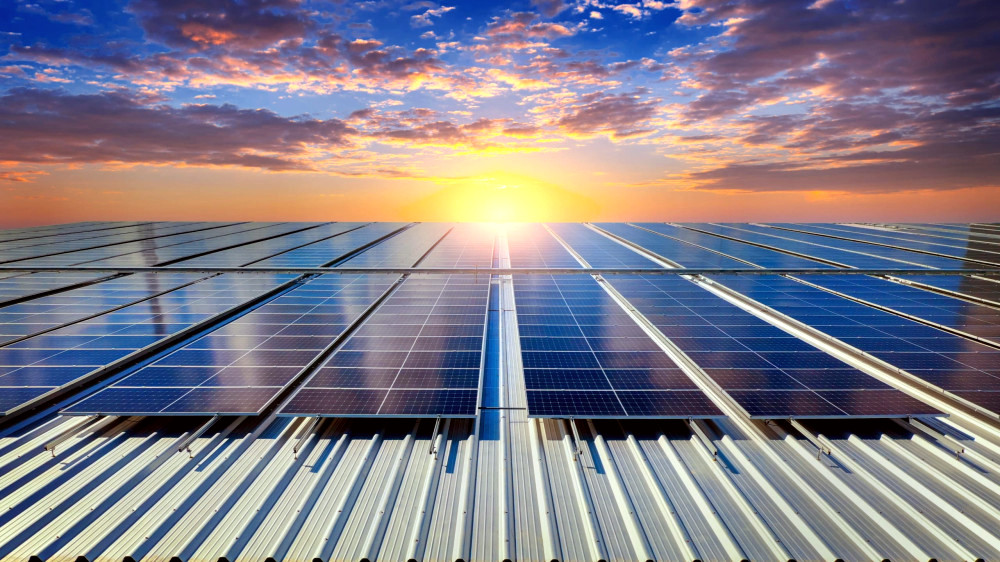This week, Meta entered into three new contracts for nearly 1 gigawatt of solar energy, marking a significant step in meeting the increasing energy demands of its data centers and artificial intelligence projects. By 2025, the company has already acquired over 3 GW of solar energy, as reported by TechCrunch.
Solar power has become a primary energy source for tech companies due to its relatively low cost and rapid construction, making it an optimal choice amidst the surge of data center establishments.
On October 27, Meta announced a deal to procure 600 megawatts of power from a large solar farm located in Texas, expected to be operational by 2027. Although this facility will not be directly connected to the company’s data centers, the generated energy will feed into the local grid, offsetting the consumption of these facilities.
On October 30, the company reported two contracts in Louisiana for the acquisition of environmental attributes amounting to 385 megawatts. These projects are anticipated to be completed within two years. In this instance, it’s about purchasing certificates that allow the company to account for the use of renewable energy instead of fossil fuels.
These certificates, known as Environmental Attribute Certificates (EACs), emerged years ago when renewable energy was more expensive than traditional sources. They enabled companies to cover the extra costs associated with renewable energy and encouraged the development of similar projects.
However, the costs of solar and wind generation have significantly decreased, and experts are questioning how effectively EACs contribute to the emergence of additional renewable capacities.
Experts emphasize that if companies aim to offset rising energy consumption driven by artificial intelligence, they must invest in creating new renewable facilities rather than merely purchasing certificates.
